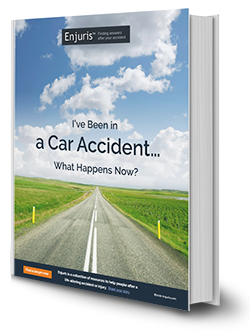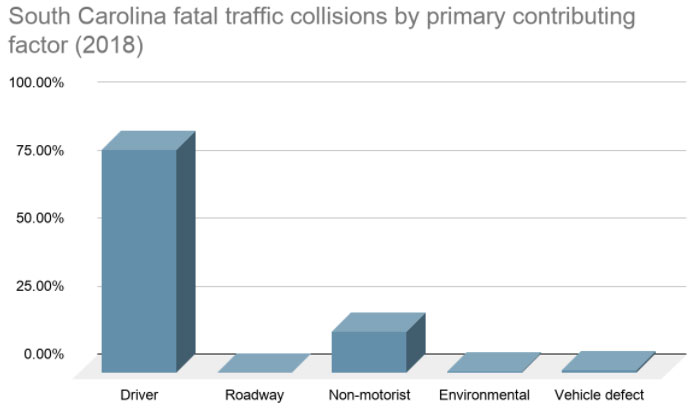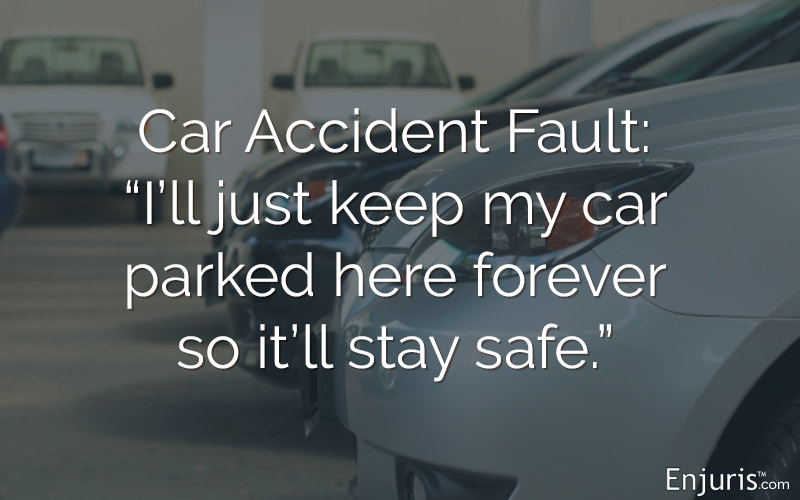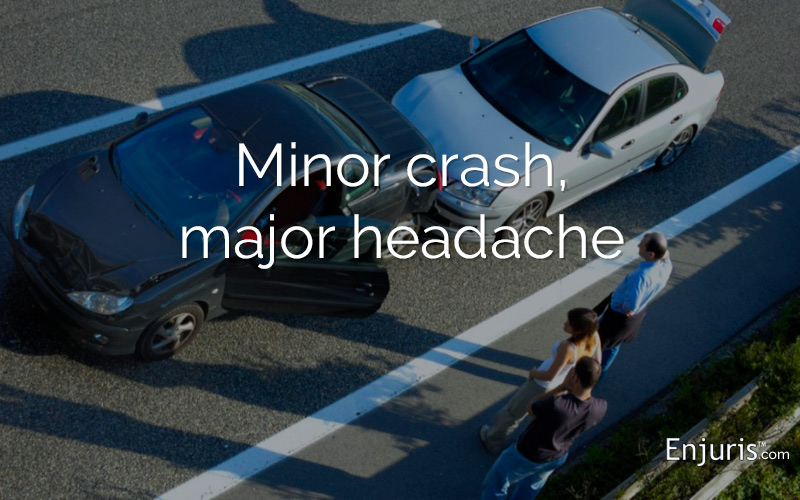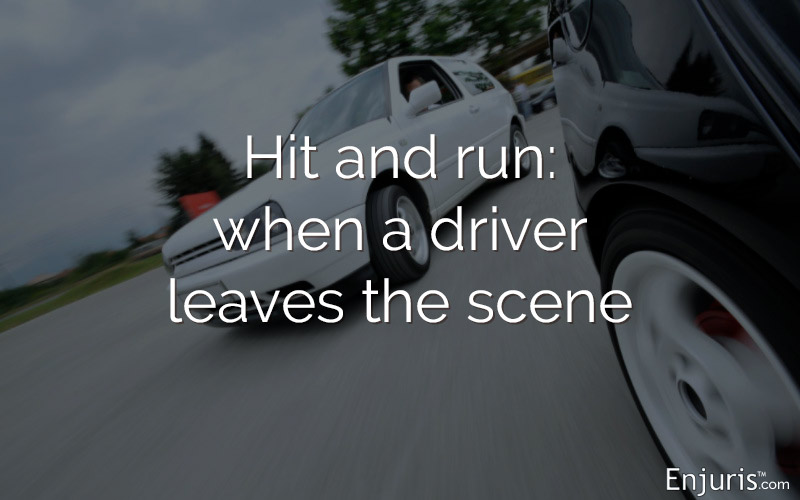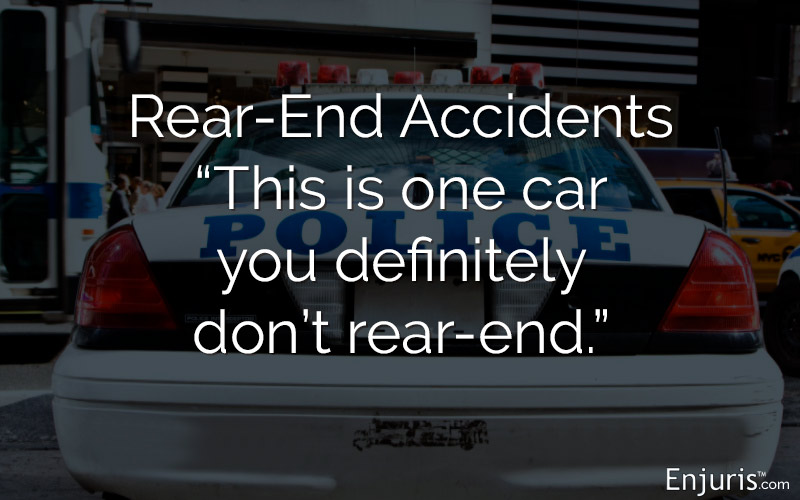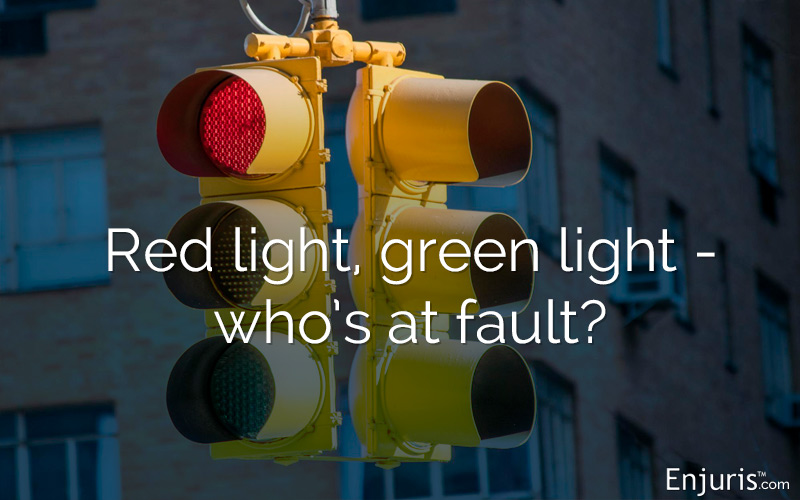Learn the rules of the road and find out how to recover damages after a crash or collision in the Palmetto State
In South Carolina, the probability of getting into a car accident during a 1,000-mile period is 1 in 366.
Feeling lucky?
If you're involved in a car accident in the Palmetto State, your first priority should be to seek medical treatment. After you've taken care of your immediate health needs, it's a good idea to start thinking about how you can recover financially.
South Carolina car accident statistics
South Carolina has ranked among the top 5 states for the number of traffic fatalities every year—for the past 16 years. Here are the numbers between 2014 and 2018:
| South Carolina 5-year traffic trends | |||||
|---|---|---|---|---|---|
| Types of collision | 2014 | 2015 | 2016 | 2017 | 2018 |
| Fatal collisions | 756 | 911 | 941 | 925 | 969 |
| Serious injury collisions | 2,546 | 2,513 | 2,490 | 2,373 | 2,174 |
| Minor injury collisions | 31,516 | 35,348 | 37,697 | 37,093 | 35,964 |
| Property damage only collisions | 84,355 | 95,189 | 100,471 | 101,483 | 103,299 |
| Total collisions | 49,840 | 55,512 | 58,850 | 57,715 | 55,411 |
To help put these numbers in perspective, consider the fact that there's approximately 1 traffic collision every 3.7 minutes and 1 fatal collision every 9 hours in the Palmetto State.
Common causes of car accidents
The National Highway Traffic Safety Administration (NHTSA) recognizes the following as the most common causes of car accidents:
- Distracted driving
- Driving under the influence of alcohol or drugs
- Speeding
- Dangerous lane changes or swerves
- Failure to yield
- Careless driving
- Overcorrection
- Failure to obey traffic signs and signals
- Reckless driving
- Swerving
- Bad weather
- Drowsy driving
The South Carolina Department of Public Safety warns that driving under the influence is particularly common and deadly in the Palmetto State.
| South Carolina alcohol-impaired driving fatalities | ||
|---|---|---|
| Year | Total fatalities | Alcohol-impaired driving fatalities |
| 2014 | 823 | 331 (40%) |
| 2015 | 979 | 306 (31%) |
| 2016 | 1,020 | 343 (34%) |
| 2017 | 989 | 305 (31%) |
| 2018 | 1,037 | 291 (28%) |
The vast majority of car crashes in South Carolina are the result of driver error. However, car crashes are also caused by poor road conditions, poor weather conditions, and vehicle defects.
You might think that most traffic deaths occur on busy city streets, but in reality you're more likely to get into a fatal accident on a rural road.
"At some of these rural roads where people lose their lives, oftentimes it's because the operator feels comfortable," says South Carolina Highway Patrol spokesperson Trooper David Jones. "There's less traffic on the road, and speeds could be higher."
In 2018, 60% of fatal accidents in South Carolina occurred on rural roads.
South Carolina car accident laws
South Carolina's motor vehicle laws can be found in Title 56 of the South Carolina Code of Laws. These laws address, among other things, licensing and registration, traffic rules, and car manufacturing standards.
When it comes to car accidents, however, there are 3 main things to keep in mind:
1. Duty of care
South Carolina requires that all motor vehicle drivers exercise reasonable care to avoid harming others on the road. To put it another way, the law requires that you operate your vehicle as a reasonable person would.
2. South Carolina is an at-fault state
Each state is classified as "at-fault" or "no fault." In an at-fault state, like South Carolina, the driver who caused an accident is responsible for the resulting damages.
In a no-fault state, each driver files a claim with their own insurance company, regardless of who is at fault for the accident.
3. South Carolina comparative negligence
South Carolina is a modified comparative fault state. This means that each driver is assigned a percentage of liability in an accident. A plaintiff can recover damages so long as they're not deemed (by the judge or jury) more than 50% at fault for the accident. However, their damages are reduced by their percentage of fault.
Let's look at an example to see how modified comparative fault works:
Jason is driving north on a 2-lane road in Columbia, South Carolina.
Erin is in the opposite lane driving south. She's applying her makeup and unaware that her car is gradually drifting into the lane occupied by Jason.
Jason is texting while driving so he doesn't notice Erin's vehicle drifting into his lane.
The cars collide head-on and Jason suffers a lower back injury. Jason sues Erin for $100,000.
The court determines that Erin is 90% at fault for the accident and Jason is 10% at fault for the accident.
Under South Carolina's modified comparative fault rule, Jason can only recover $90,000.
South Carolina insurance requirements
South Carolina requires all motor vehicle drivers to carry liability insurance. Specifically, South Carolina drivers must carry:
- A minimum of $25,000 per person for bodily injury and $50,000 for all persons injured in 1 accident
- A minimum of $25,000 for all property damage in 1 accident
- Uninsured motorist coverage equal to the amounts of the driver's liability coverage
How to prove fault in a South Carolina car accident
To recover damages after a car accident in South Carolina, you have to prove that someone else was at fault for the crash and your subsequent injuries. In most cases, this means proving that some other driver was negligent.
To establish negligence in South Carolina, you need to show that:
- The other driver owed you a duty. All drivers owe all others on the road a duty to exercise reasonable care.
- The other driver breached their duty. To prove that the other driver breached their duty, you need to establish that they failed to act with reasonable care. Common examples include speeding, operating a vehicle while intoxicated, and running a red light.
- You were injured as a result of the other driver's breach. You must prove that the other driver's failure to exercise reasonable care was the cause of your accident. In other words, but for the driver's action or inaction, the accident wouldn't have occurred.
Of course, not all car accidents are caused by motor vehicle drivers. Other responsible parties may include:
- Bicyclists and pedestrians. Just like motor vehicle drivers, bicyclists and pedestrians have a duty to exercise reasonable care when using the road.
- Property owners. Premises liability laws require property owners to maintain their property free from dangerous conditions. If a car accident is caused by a dangerous condition, such as a broken stoplight, obscured stop sign, or large pothole, the property owner may be liable.
- Manufactures. If the car accident is caused by a defective product, such as a faulty tire, the manufacturer may be liable.
What about car accidents that occur at work?
If your crash or collision occurs while you're working, you may be able to file a workers' compensation claim. Workers' compensation is a form of insurance that provides financial benefits to individuals who are injured on the job.
In most cases, workers' compensation won't cover you if you're involved in an accident on your way to work or on your way home from work. On the other hand, you can usually receive workers' compensation if your accident occurs while you're performing a work task (e.g., delivering pizza or transporting construction materials from one site to another).
Unlike personal injury lawsuits, you don't need to prove that anyone was at fault for your accident to receive workers' compensation benefits.
Damages available after a car accident in South Carolina
In South Carolina auto accident cases, plaintiffs can recover 3 types of damages:
- Economic damages include the monetary losses caused by the accident (medical expenses, lost wages, property damage)
- Non-economic damages include the non-monetary losses caused by the accident (pain and suffering, emotional distress, loss of consortium)
- Punitive damages are meant to punish the defendant and are only available in cases where the defendant acted willfully or recklessly
When to call a South Carolina auto accident lawyer
If your car accident was minor and the other driver was clearly at fault, you might be able to handle the matter through the at-fault driver's insurance company (or your insurance company) without involving an attorney.
Unfortunately, many car accidents aren't so straightforward. If liability isn't clear or if your injuries are severe, it's generally a good idea to meet with an attorney.
- Guide to South Carolina Car Accidents
- Distracted Driving Laws in South Carolina
- Drunk Driving Accidents and DUI Laws in South Carolina
- Guide to Bicycle Accident Liability in South Carolina
- Guide to Pedestrian Accidents in South Carolina
- Guide to South Carolina Bus Accidents
- Hit-and-Run Accident Claims
in South Carolina - How to Recover Damages After a South Carolina Train Accident
- South Carolina Boat Accidents & Personal Injury Claims
- South Carolina Guide to Aviation Accidents
- South Carolina Guide to Car Insurance Laws
Did you know that car accident law varies by state?
Hurt in a car crash? You may find these resources helpful
Need a lawyer?
What does an injury lawyer do?
A personal injury lawyer helps individuals who have sustained injuries in accidents to recover financial compensation. These funds are often needed to pay for medical treatment, make up for lost wages and provide compensation for injuries suffered. Sometimes a case that seems simple at first may become more complicated. In these cases, consider hiring an experienced personal injury lawyer. Read more
Common car accidents
